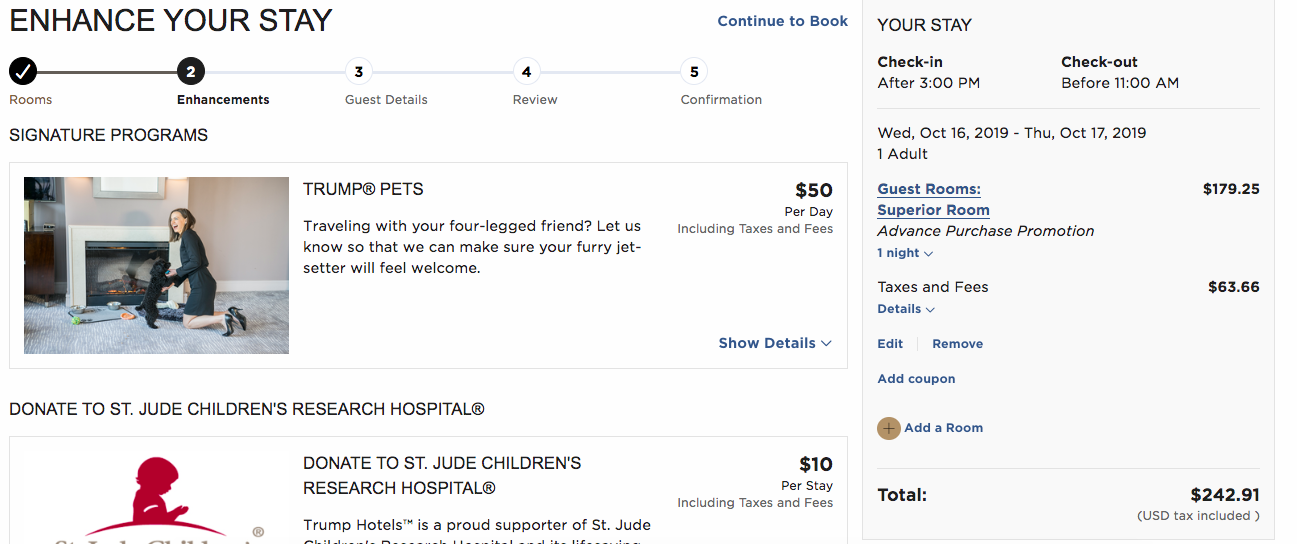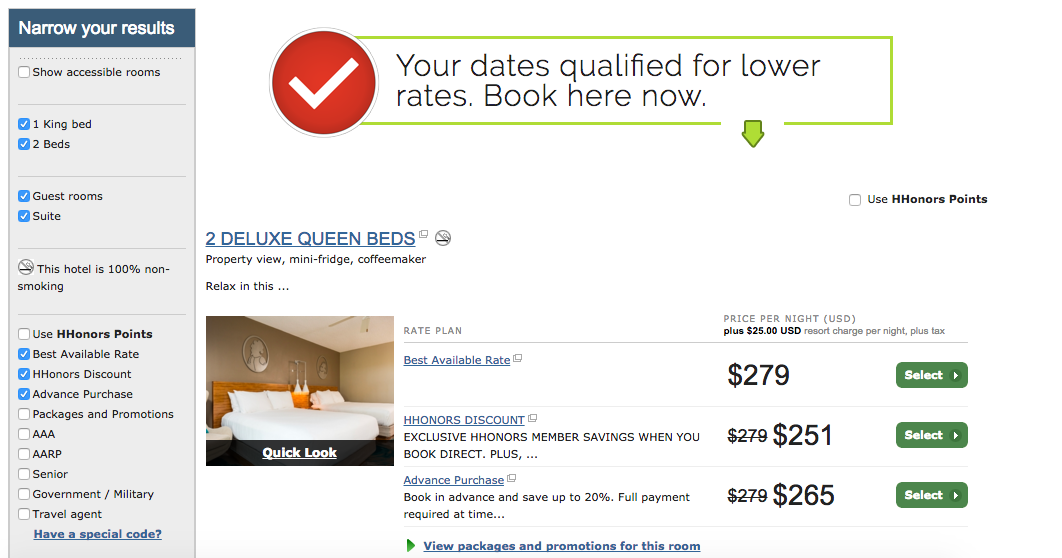The Current State of Junk Resort Fees
/There has been a lot of buzz around junk fees - particularly around hotel resort fees - and we wanted to update everyone as to everything that is currently going at this exact moment.
1) Non-Profit Lawsuits
Kill Resort Fees has long maintained that junk resort fees are illegal under existing consumer protection laws. On that note, Travelers United, a non-profit focused on consumer advocacy in travel, sued Hyatt, Hilton and Sonesta hotels for their use of deceptive, illegal resort fees in Washington, D.C. These class action lawsuits were filed in August of 2023.
News: The New York Times, The Washington Post, Skift, Loyalty Lobby, Travel Weekly, JD Supra, The Street
2) Attorneys General Lawsuits
Since existing state consumer protection laws bar deceptive pricing like resort fees, numerous Attorneys General have sued to enforce state consumer protection laws. The Attorney General of every state is the person responsible for enforcing the laws of that state. In 2019, the Nebraska Attorney General sued Hilton. The DC Attorney General sued Marriott. These cases are ongoing. The Pennsylvania Attorney General got a settlement from Marriott (November 2021) and Choice Hotels (September 2023) for them to display all-in pricing. The Texas Attorney General sued Hilton (May 2023), Hyatt (May 2023) and Booking (August 2023). The Texas AG also got a settlement from Marriott (May 2023) and Choice Hotels (September 2023) that will force them to display all-in pricing. The September 2023 Choice Hotels resolution comes from four state Attorney Generals - Colorado, Oregon, Pennsylvania and Texas.
Nebraska Resort Fee Lawsuit News: Fox News, Las Vegas Review Journal, The Points Guy, Travel Weekly
DC Resort Fee Lawsuit News: Skift, Wall Street Journal, USA Today, ABC News, Law360
Pennsylvania Resort Fee Lawsuit News: CBS News, PA AG Press Release, USA Today, Travel Weekly
Texas Resort Fee Lawsuit News: Reuters, JD Supra, KXAN Austin, The Points Guy, The Street, Fox Business
3) State Legislation
California passed a bill (SB 478) to ban junk fees throughout the state on October 9, 2023. The following week on October 13, 2023, the California legislature passed a bill (AB 537) that explicitly details that short term lodging must include all mandatory fees. These two bills ensure that California paves the way for similar legislation in the rest of the nation. A similar bill to ban junk fees has been introduced in Pennsylvania by Rep. Nick Pisciottano. It passed the Pennsylvania House on October 18, 2023 and is currently awaiting a vote in the Pennsylvania Senate.
News: Governor Newsom Legislative Update, State Senator Nancy Skinner, Skift, Los Angeles Times, NBC Bay Area
4) Federal Legislation
A bipartisan bill, the Hotel Fees Transparency Act, has been introduced in the United States Senate. The bill would establish federal guidelines for pricing transparency of hotel room rates. The bill is sponsored by Senator Jerry Moran of Kansas and Senator Amy Klobuchar of Minnesota.
News: NBC News, Robb Report, Klobuchar Press Release, Travel Pulse, Kiplinger, Skift, The New York Times
5) The Federal Trade Commission (FTC)
The Federal Trade Commission put out a notice of proposed rulemaking on October 11, 2023. The proposed rule will take on unfair and deceptive resort fees. This follows the October 20, 2022 issuance of the Advance Notice of Proposed Rule Making. Here is a link to the proposed rule.
News: CBS News, NBC News, AP News, Skift, The Hill, CNBC, The Verge, Inc., Axios
NOTHING HAS CHANGED IN OUR ADVICE NOT TO PAY A HOTEL RESORT FEE!
Please remember that nothing has changed from our advice from 2016 when this website was started - resort fees are illegal under current law. You can and should refuse to pay any hotel resort fee. To get out of paying a hotel resort fee, (1) ask nicely but remember the person working at the front desk did not set this policy. Ask nicely once and maybe try asking once again but if that does not work, (2) pay the resort fee with a credit card and then file a consumer complaint with your Attorney General. As you can see, many Attorneys General also think that these fees are illegal under state law. If your attorney general is not helpful (Ex: You live in Nevada and went to a Nevada hotel), you can file a dispute with your credit card company. Remember you can file a consumer complaint with the attorney general of the state you live in OR in the state you traveled to (Ex: If you live in New York but you traveled to Florida you can file in either New York OR Florida). For further information on how to challenge a resort fee, view our Don’t Pay page.


































































